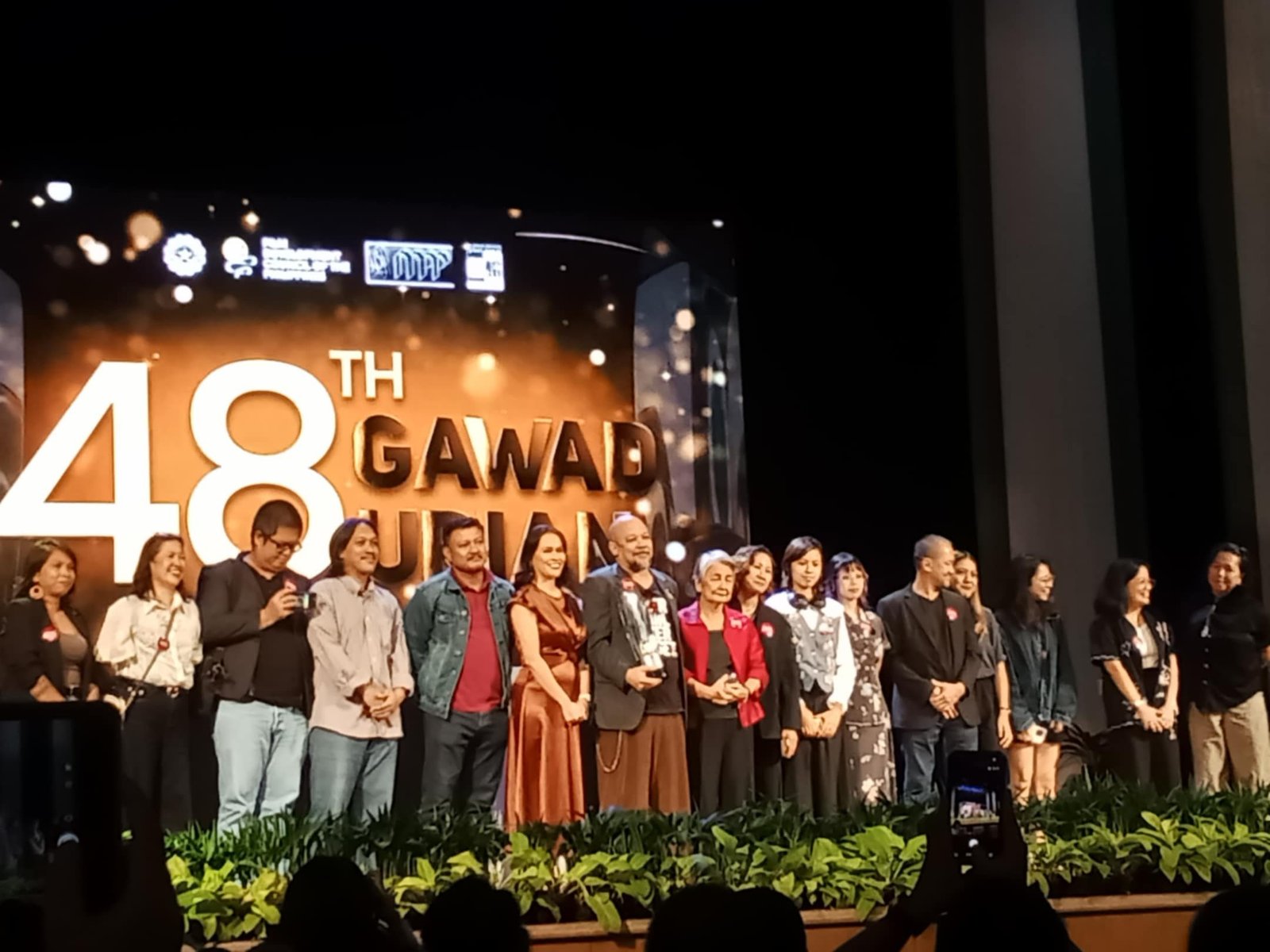The internet is still not done talking about Erwan Heussaff’s newly acquired title, “Champion of Filipino Cuisine.” This month, the eighth season of the travel-culinary documentary series Somebody Feed Phil dropped on Netflix. In its Manila episode, its host Phil Rosenthal bestowed the honor on Heussaff.
“An Instagram titan with millions of followers, and he is a champion of the Filipino cuisine,” the American television writer and producer described Heussaff.
It was a seemingly harmless comment that would go on to create an online uproar, begging the question, “Who do Filipinos think has the right to champion Filipino food?”
Should it be a global Filipino chef who brings local flavors to all corners of the world? Maybe someone who speaks straight Filipino and has a deep understanding of Philippine culture and history? Or can a passionate foodie earn the right to advocate for Filipino cuisine?
To get to the bottom of it, PhilSTAR L!fe consulted some big names in the Philippine culinary industry. They all said the same thing: Anyone who deeply understands and loves Filipino food and genuinely respects Philippine culture can be its champion.
(And yes, to anyone still confused by the word “champion,” they mean an advocate, not a grand winner of a contest. Anyway, Heussaff qualifies for both definitions, having won a James Beard Media Award in 2023 for his work showcasing Filipino food and culture.)
A champion of Nanay’s adobo
“Everyone has the ‘right’ to champion Filipino food,” said Raine Laysico, Filipino journalist at Philtimes, Australia’s online Filipino newspaper, and an outspoken proponent of anything Filipino. “You can [even] champion your Nanay’s adobo.”
She compares championing Philippine cuisine with falling in love.
“You’ll want to know everything about your love. So you educate yourself…And in doing so, you’ll…challenge yourself to be part of the conversation, either through cooking, being part of the [hospitality industry], running events, writing—there are different ways to be a champion. But the important ingredient is always passion, as that’s the fire starter,” Laysico continued.
Chef Jam Melchor, who co-founded the Philippine Culinary Heritage Movement and helped make April officially Filipino Food Month, agreed with Laysica.
“All of us can be champions of our culture, whether [it’s about] food, art, theater, or dance,” said Melchor. “But beyond the title, what truly matters is that our work leaves a meaningful and lasting impact for the generations that will follow.”

“Lumpia Queen” Abi Marquez adds some more ingredients to the mix: “Love, paired with respect and a willingness to learn, is what really matters. At the end of the day, it’s not about who’s ‘most qualified,’ but about who’s intentional [in their advocacy],” said Marquez, who has earned a solid reputation in the local and international food industry even without a formal culinary background.
But what does it truly mean to defend Filipino food in front of the world?
For Filipino-American chef and James Beard awardee Lord Maynard Llera, to champion Filipino food means to “put it in the global spotlight not as a trend, not as fusion [cuisine], but as a proud, stand-alone cuisine,” said Llera, who runs Kuya Lord, a Filipino restaurant in Los Angeles, California.
“There used to be this belief that Filipino food was just a blend of other Asian cuisines. But now, in Kuya Lord, our guests—most of them non-Filipino—order tapsilog, tocino, laing, lechon without hesitation,” Llera said. “They know the names, they crave the flavors. They return not because [the food] is a novelty, but because it’s real, it’s memorable, and it’s ours.”
Marquez, who famously made lumpia out of Gordon Ramsay’s Beef Wellington, uses her strong social media following to also bring Filipino food to the global stage.
“I use my platforms to reach millions of people—both Filipinos and non-Filipinos—and introduce them to our cuisine in ways that feel relatable, exciting, and inclusive,” Marquez said. “My goal is to make cooking, especially Filipino food, accessible.”
This means understanding that love for our cuisine goes back for generations. By championing Filipino food, we do not put the spotlight only on what’s currently on the menu in Filipino restaurants and home kitchens. Marquez clarified that “you carry the stories of generations before you, and you become part of how the world sees and understands that cuisine.”
She continued that intense effort, as in all worthy endeavors, is necessary so that everyone else can taste what we taste.
“Championing [Filipino food] means doing the work: researching, listening, and learning from the communities behind the food,” Marquez said. “That’s how you show respect — by being accurate, mindful, and intentional with how you present it.”

Enough gatekeeping; share the space
The flak Heussaff received for being dubbed a “champion” of Filipino food was swift, intense, and perplexing. It is 2025, however, and our friends are all for harmony, especially in the culinary world.
“There’s no monopoly on being right,” said Laysico. “It’s not a competition. We are here to lift each other up.”
Llera echoes this sentiment. “To move beyond hate and into collaborative growth, we need to reframe how we talk about food, who gets to represent it, and what ‘authenticity’ really means,” he said. “We need more listening, less ego, and a lot more shared joy.”
Building a community of like-minded individuals is crucial, Marquez believes.
“I organize a gathering for food content creators…I [want] to share the lessons, tools, and mindset that helped me get to where I am today. Because if we truly want to champion Filipino food, we can’t do it alone. Collaboration and community are key.”











